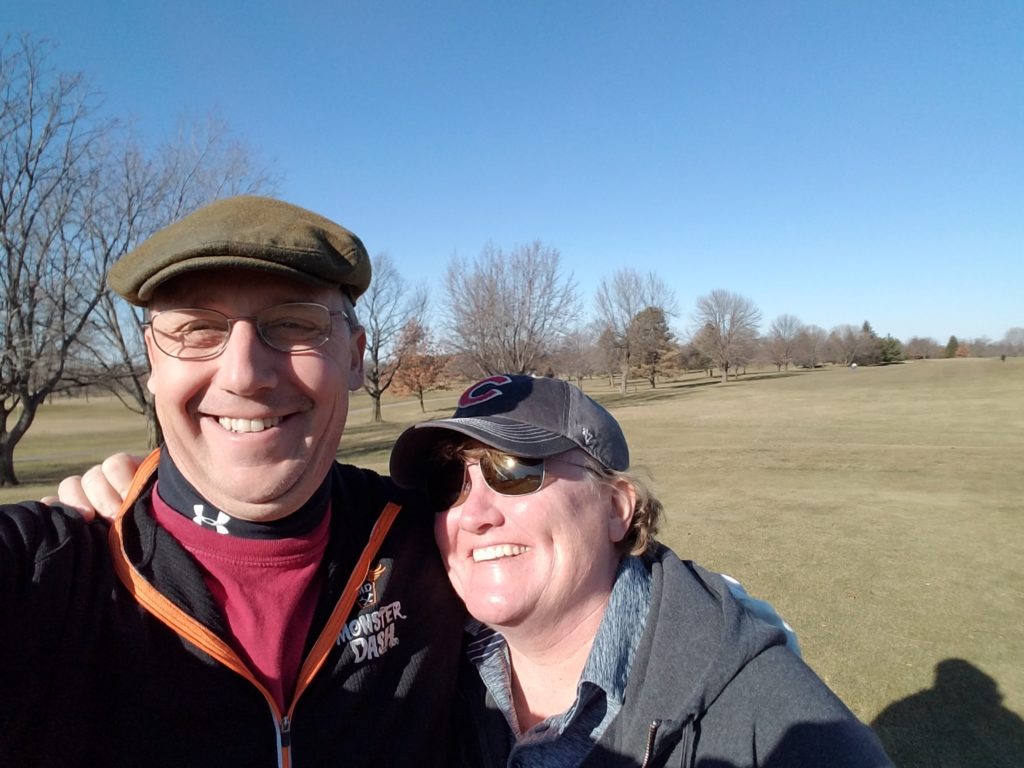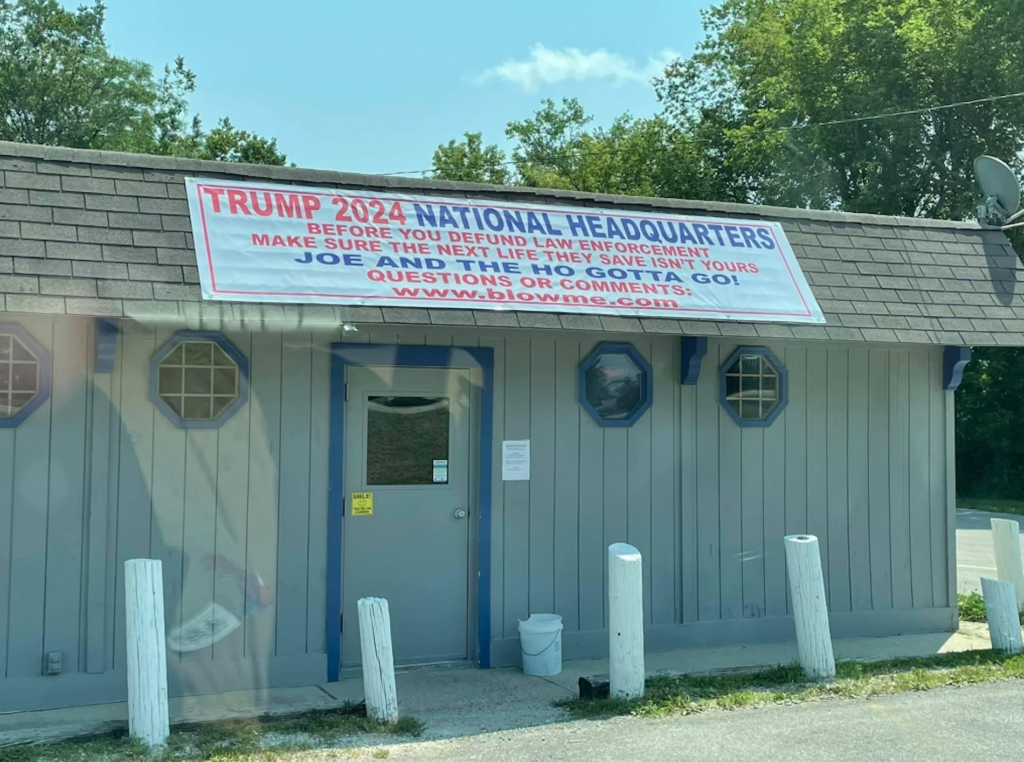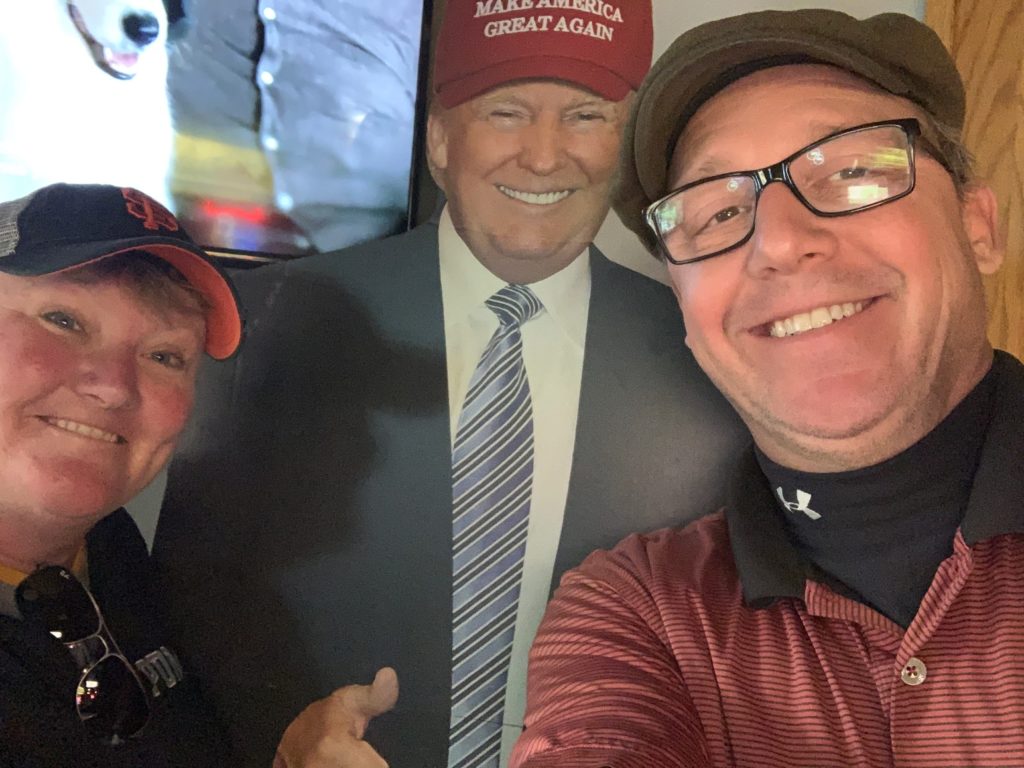The term “knee-jerk liberal” seems to have gone out of fashion, maybe because its targets just started calling themselves democratic socialists. But lately I’m starting to see behavior that’s making me think of the term, “knee-jerk conservatives,” who, like their liberal forbears, “react predictably and emotionally to certain events.”
I’ve spent some time trying to figure out where they’re coming from, at least in and around my own little world.
Next week at the World Conference of the Professional Speechwriters Association, one of the issues we’re going to discuss is the deep discontent expressed by some conservative speechwriters in response to a Speechwriters’ Census 2021 survey we conducted last month, which one expressed this way:
In the private conversations I’ve had with many over the past two years, it seems clear that just about everyone from the center-left on over has been plunged into deep, crippling, and depressing levels of anxiety and paranoia. They live in constant fear of seeing their lives or the lives of those they care about ruined for saying or doing “the wrong thing” — yet have no way to actually know what that is given that the standards are arbitrary and constantly moving. Some cope with this by parroting what they think they “should” be saying or doing even though they do not believe it, in an attempt to save themselves. Others just try to keep a low profile and pray they won’t do anything to offend those with systemic power. What a depressing time to be alive, especially for those of us in a profession that is supposed to be about exploring new ideas, connecting with people different than oneself, and just bringing a bit of joy to others by making them smile or laugh. We’re losing everything that made our profession so colorful, and joyful, and amazing because we seem to be losing the humanity, compassion, and empathy in ourselves. What else can you do but cry? I didn’t want to take this survey. I don’t want to express my opinions anymore. But I suppose I am holding onto the thinnest reed of hope that maybe someone will read this and “do something” (and hoping desperately that this is actually anonymous!)
I’m going to read that out loud to the (virtually) assembled conference participants, because I think it’s important that they know that some of their colleagues feel this way.
I mentioned this plan to a conservative friend yesterday, to let him know his people were about to be heard. The response I got was a quickly returned complaint that “a football coach got fired after somebody went through his private correspondence and outed him for thoughtcrime. Welcome to the occupation, here’s your accordion.”
How about some perspective?
Here’s mine: I think that the cathedral of cultural absurdities that led to “a football coach” having a 10-year contract for $100 million in the first place—I think that cathedral towers colossally over the dubious repression of that coach being asked to resign when it came to light that he frequently and freely expresses casual, blanket contempt for Black people, gay people and women.
You don’t have to be a democratic socialist—just a stakeholder capitalist—to recognize that those populations represent well over half the American publics whose devotion to pro football pays his asinine salary. And that’s leaving the players and staff out of it.
Societies have norms, and society’s darlings are obligated to live within shouting range of them. As for the term “thoughtcrime”: Think whatever you like, but yes, it’s a social crime in this society to say out loud that black people and women and gay people are shitty.
At the conference, I’m going to tell speechwriters that I think they ought to be defenders of a society of free and open speech. Referring to the conservative speechwriter quoted at length, above, I’m going to say (and here I quote my prepared remarks): “I don’t relate to that feeling myself, because I’m not a conservative—but I have many conservative friends who do. I’ve had many dialogues with them about it—enough to know that their feeling is deep and their anguish is real and if I have a chance to help them get their voices heard—or defend them when I think they’re being unfairly dismissed, I will take that chance. And whatever your own political beliefs—I think you should, too.”
But when I think people are fondling a fatuous fantasy of a society where ill-chosen heroes might be grossly compensated based on the most dubious social contribution, but then never punished when the truth of their shrunken souls comes out, I’ll say that, too.
Am I advocating cancel culture?
The oldest joke I know, about a Greek villager, complaining bitterly to a tourist:
You see all the boats in de harbor? I build all de boats. But do they call me Dmitri the boat-builder? No.
You see all the roads in de town? I build all de roads. But do they call me Dmitri the road-builder? No.
You see all the houses on de hill? I build all de houses! But do they call me Dmitri the house-builder? No.
But you fuck one goat …..
Alas, it was ever thus. Yes, long before cancel culture.
And if we’e going to root out what’s new and harmful about cancel culture, we must do so discerningly. Conservatives and liberals, alike.


